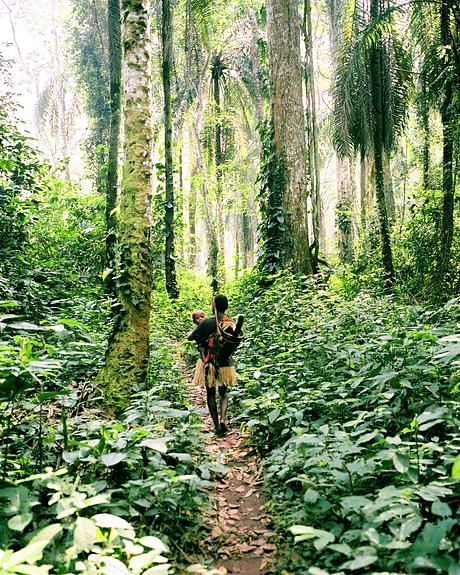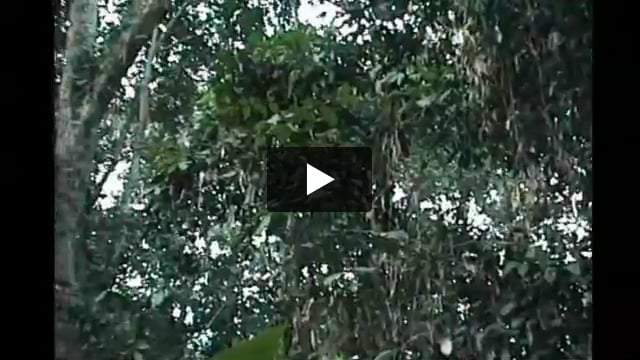'Pygmy' peoples issue warning on climate change policies
July 15, 2010
 © Kate Eshelby/Survival
© Kate Eshelby/SurvivalThis page was last updated in 2010 and may contain language which is now outdated.
Members of ‘Pygmy’ communities in Cameroon have issued a clear message in the wake of the Copenhagen climate change talks: their rights to their forests must be respected.
According to the Forest Peoples Programme , the Baka, Bagyeli and Bakola peoples fear that climate change mitigation projects will further exclude them from their forest homes and that climate change is already affecting their forests.
A central plank of current international climate change talks is REDD – reducing emissions from deforestation and forest degradation. REDD projects could help to protect forests and the communities that depend on them, but only if they are developed with the full involvement of the peoples concerned and have the protection of land rights at the core.
The latest incarnation of REDD is REDD+, but it is the ‘plusses’ – conservation, forest management and enhancement of carbon stocks – that are causing concern for Indigenous peoples. ‘Pygmy’ peoples have suffered both from the deforestation of their lands and from conservation programmes which have excluded them.
‘Pygmy’ communities in Cameroon, state they will only accept REDD if their rights to their forests and to free, prior informed consent over projects are respected and if they get an equal share in any benefits from the projects.
“If we are talking about conservation, then the Baka are the best conservationists. We have been living here since time immemorial, and the forest has not disappeared. Those who now claim they are conserving the forest are the same people pillaging our forests. We see sawmills felling large portions of our forest every day. Is it not this same government that authorises the felling?" Daniel Njanga, Cameroon.



